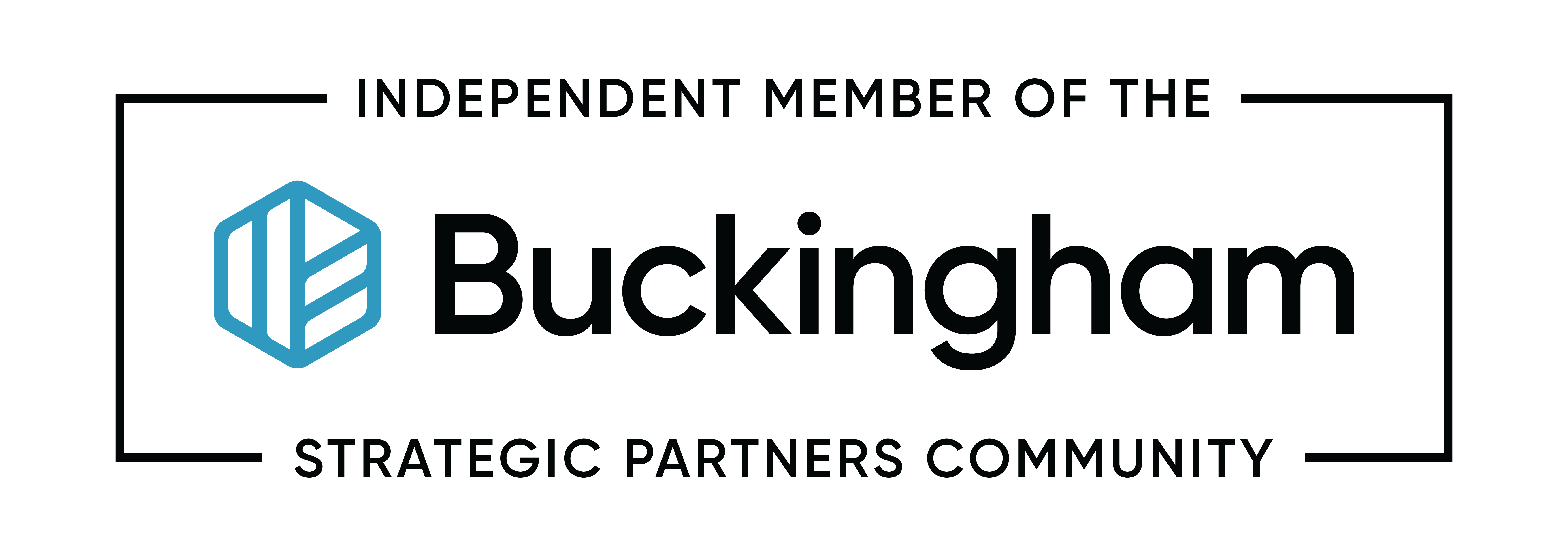In and of itself, philanthropy is a powerful and rewarding exercise. When planned and organized effectively, it can transform from a meaningful annual endeavor into a tax efficient strategy that may result in even greater support to charities of your choice. A donor advised fund (DAF) is a tax-smart way to streamline your philanthropic efforts and ensure that you are making the most of your contributions.
What is a Donor Advised Fund?
A DAF is simply a tax-qualified public charity. Contributions to a DAF allow you to set up your own charitable account and then recommend how the money will be doled out to various charitable organizations that you select. In effect, it allows you to set up your own mini private foundation without the considerable cost of actually establishing a private foundation for yourself.
How to Contribute
Contributions are irrevocable gifts. Claris works with a DAF that accepts contributions from individuals or entities, such as private foundations, corporations, or other donor advised funds. We will accept contributions of cash or cash equivalents, and various non-cash assets, including:
- Stock, bonds, ETFs, mutual fund shares
- Restricted stock
- Privately held stock (C-Corp and S-Corp)
- Limited partnerships or limited liability corporations, private equity, venture fund and hedge fund investments
- Real estate
- Collectibles and artwork
The rules that apply to contributions of anything other than cash and cash equivalents, stock, bonds, ETFs, and mutual fund shares are rather complicated. We strongly recommend that these types of contributions be thoroughly reviewed by Claris and by a trusted tax advisor.
Income and Estate Tax Benefits
In general, individuals who itemize deductions can claim a charitable contribution in the year the contribution is made to the DAF, subject to certain limitations. Here at Claris, we look to help clients donate highly appreciated securities held more than one year. In this scenario, an individual is able to dispose of this asset (at fair market value) without realizing capital gain taxes; this can be extremely helpful in situations where one has concentrated stock positions. Keep in mind that a 30% (of AGI) limit applies to all contributions of property subject to long-term capital gains. If the asset were held for less than a year, the deduction will be the lesser of fair market value or the asset’s cost basis. Deductions beyond the AGI limits may be carried forward for five years. Clearly, the income tax benefits associated with a donor advised fund open the door to many different planning possibilities.
In addition to the income tax benefits, contributions to a DAF can reduce the size of your estate. While it’s true that the federal estate tax exemption is currently at a historically high level ($5.45 million individual; $10.9 million married), don’t forget about state taxes! Currently, 15 states and the District of Columbia impose an estate tax, and six states have an inheritance tax. In some cases, exemptions to these laws only cover those with estate sizes as little as $675,000.
Recommending a Grant
Since all contributions to a donor advised fund are irrevocable (this is how one realizes the associated tax benefits), they are legally owned by the DAF. This means that, technically speaking, individuals must recommend (not command) a charity, or charities, to receive donations from their account. As long as the desired charity is an IRS approved 501(c)(3) public charity, it is virtually guaranteed that the recommendation will be approved. While this may seem like it could turn into a complicated process, today’s DAFs have made this very simple for donors. Other possibilities for grants include recurring grants, special purpose grants, large future grants, and legacy planning.
Conclusion
While the basics of donor advised funds are quite straightforward, the devil is truly in the details. Under it’s hood, the strategies of the fund and how one should contribute can be quite complicated. All of us at Claris are happy to help you craft a thoughtful, tax-efficient giving strategy. Contact Claris with any questions on donor advised funds.

